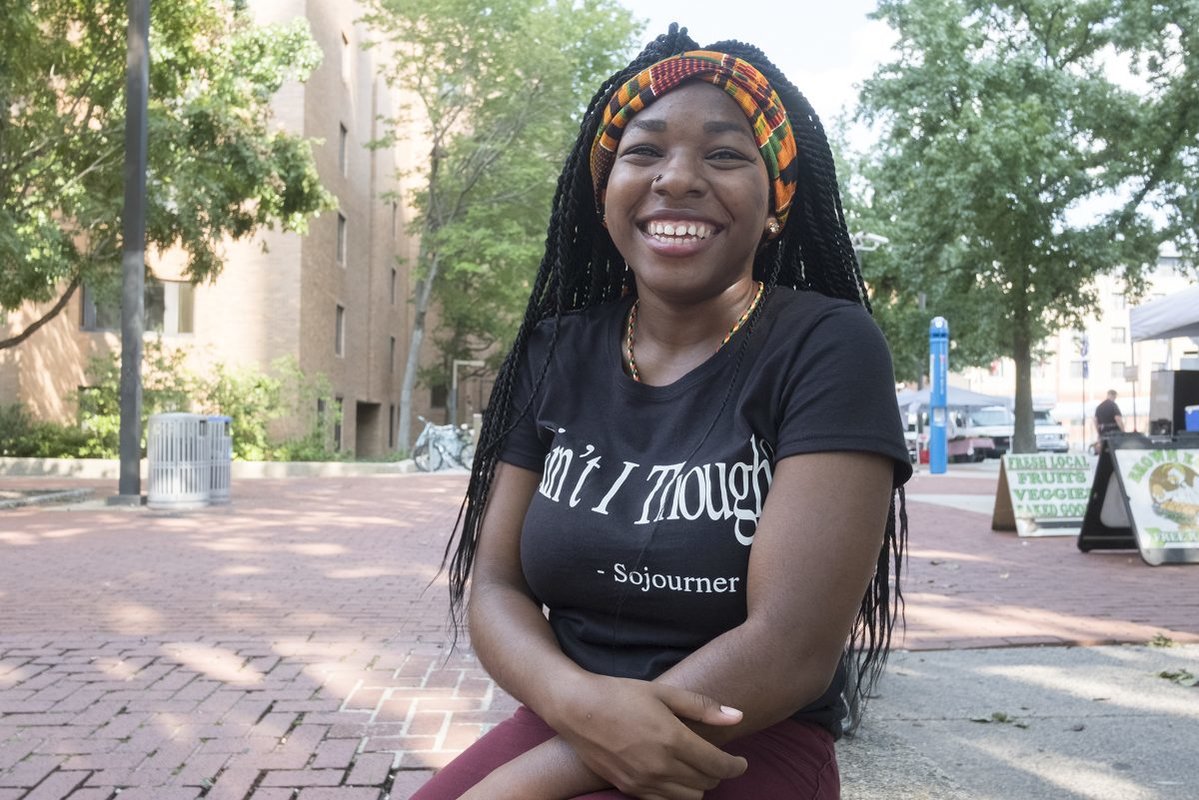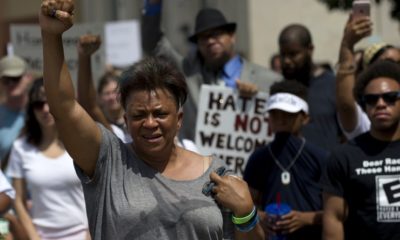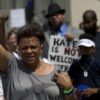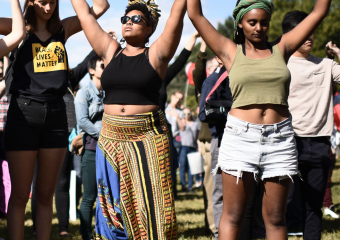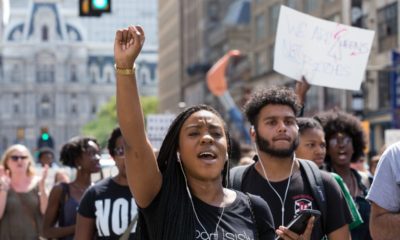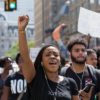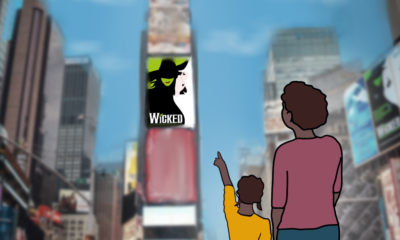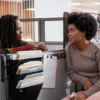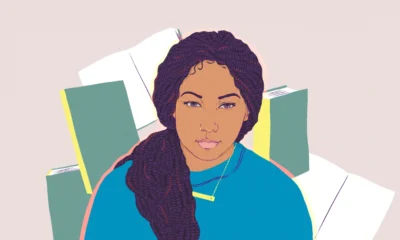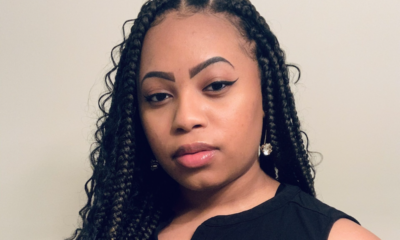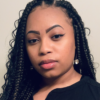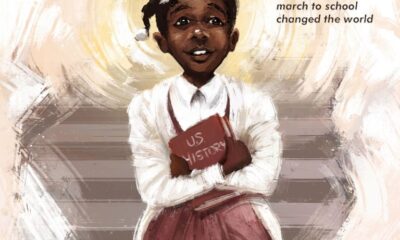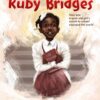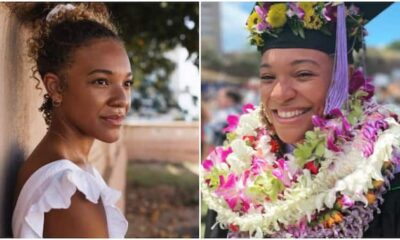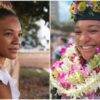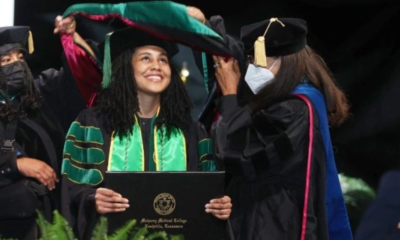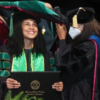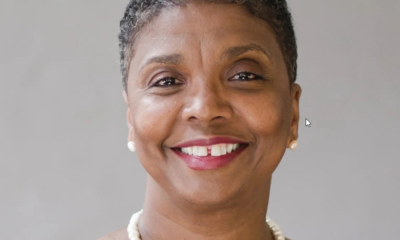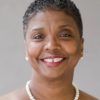Black Women in Education
Why this Temple student is organizing a march for black women: ‘They matter’
India Fenner is wearing a black T-shirt that in bold white letters reads:
“’TRY ME.’”~ Malcolm X.”
The message is fitting. It was Malcolm who said: “The most disrespected woman in America is the black woman. The most unprotected person in America is the black woman. The most neglected person in America is the black woman.”
Those words replay in Fenner’s head as she plans her first march, “A March for Black Women,” scheduled to take place Friday. Demonstrators will set out at 1 p.m. from City Hall to Cecil B. Moore Avenue to celebrate and highlight the diversity of black women and honor black women who were victims of police brutality. Fenner is spreading word of the march through social media and hopes to have a large turnout of women — and men.
The 19-year-old Temple University sophomore and Philadelphia native said it’s to “celebrate black women for who they are and not what the media wants them to be.”
“I’ve been to plenty of marches for black men who have been harassed or killed by police,” she said. “But when I went to one for Sandra Bland, it was very small.”
In 2015, Bland, a 28-year-old black woman, died in police custody after being arrested during a traffic stop in Texas.
Fenner also recalled that in 2016, Korryn Gaines, 23, was shot by police in her Baltimore home with her 5-year-old son close by. But, she said, “nobody was marching.”
That’s also why during the global Women’s March in January, which had the goal of “harnessing the political power of diverse women and their communities to create transformative social change,” Fenner was not in attendance.
“I didn’t believe it was quite for black women,” she said. “There were no chants, ‘Black women matter.’ ”
The lack of media attention given to black women or girls was so alarming nationwide that it prompted #SayHerName, a social media movement aimed at highlighting the deaths of black women due to police brutality or anti-black violence.
“Although black women are routinely killed, raped, and beaten by the police, their experiences are rarely foregrounded in popular understandings of police brutality,” said Kimberlé Crenshaw, director of Columbia Law School’s Center for Intersectionality and Social Policy Studies, who co-authored the “Say Her Name: Resisting Police Brutality Against Black Women” report. “Yet, inclusion of black women’s experiences in social movements, media narratives, and policy demands around policing and police brutality is critical to effectively combating racialized state violence for black communities and other communities of color.”
Despite this, Fenner said, “there were marches for black men, but I saw mostly black women there. I see images of black women standing up against cops, putting their bodies at the forefront.”
But Fenner said she also wants to commemorate the women who are left behind after …
Please read original article- Why this Temple student is organizing a march for black women: ‘They matter’



